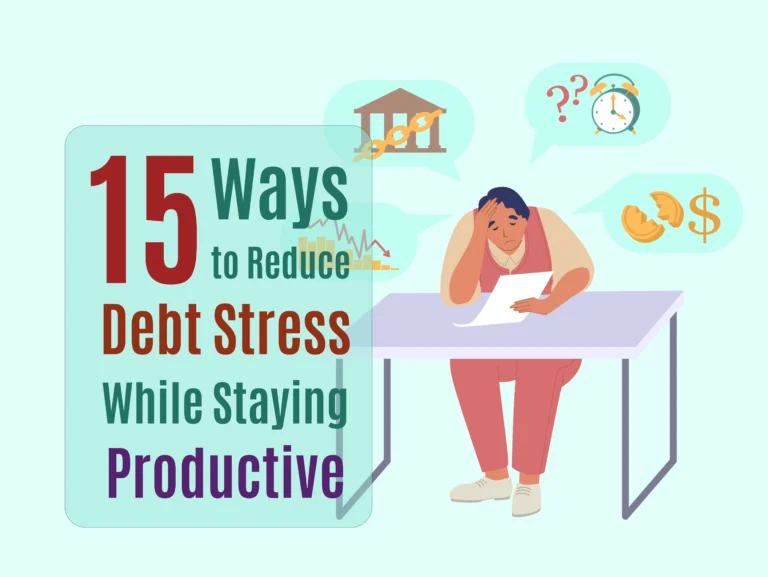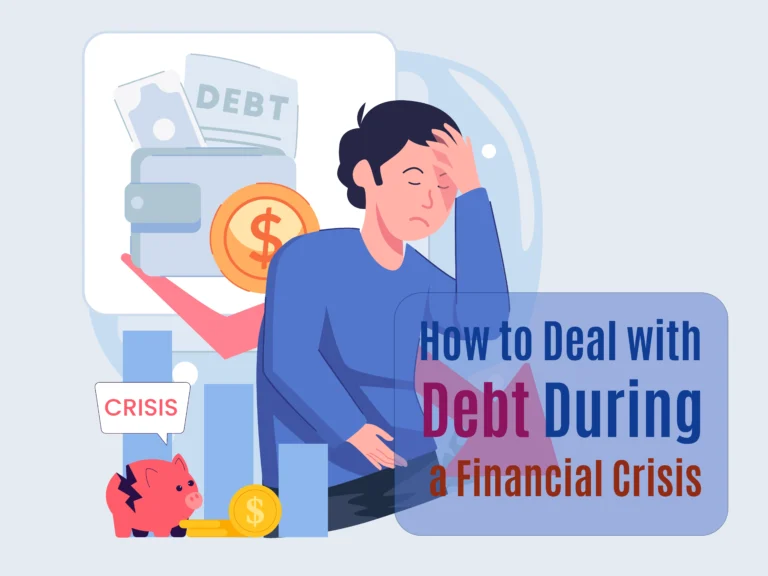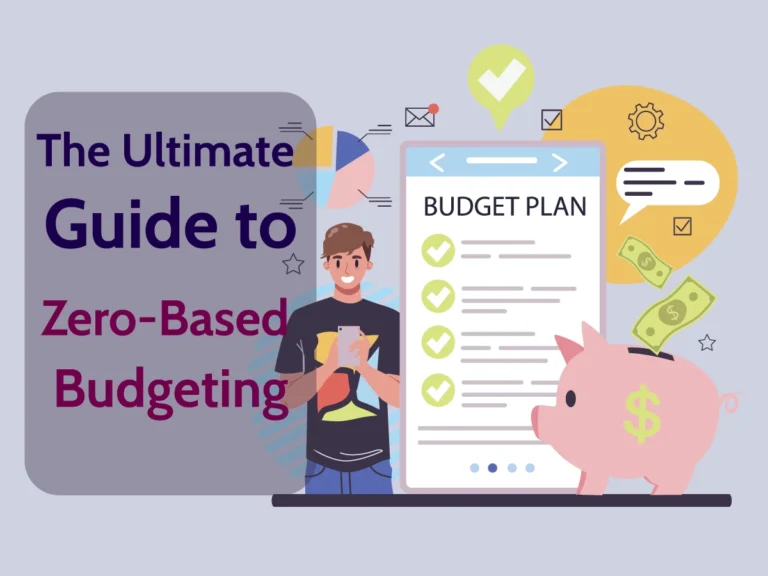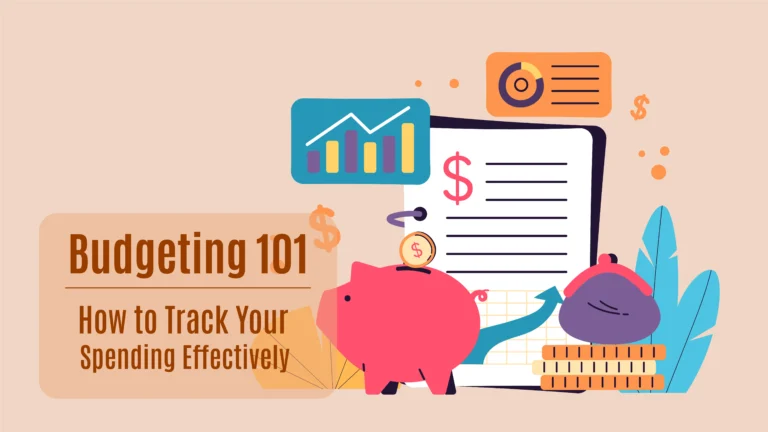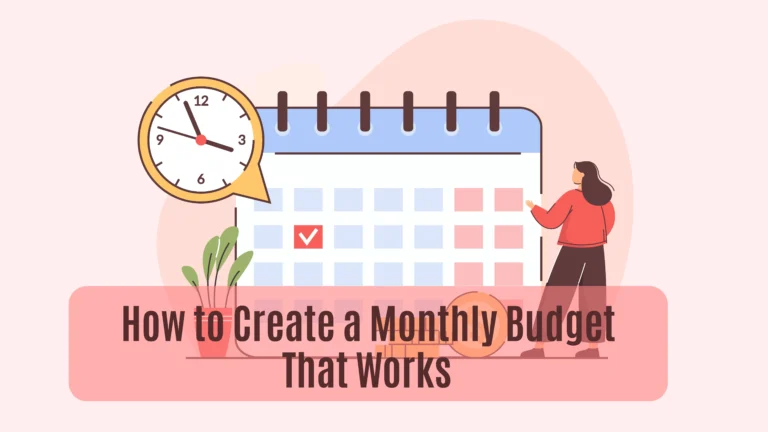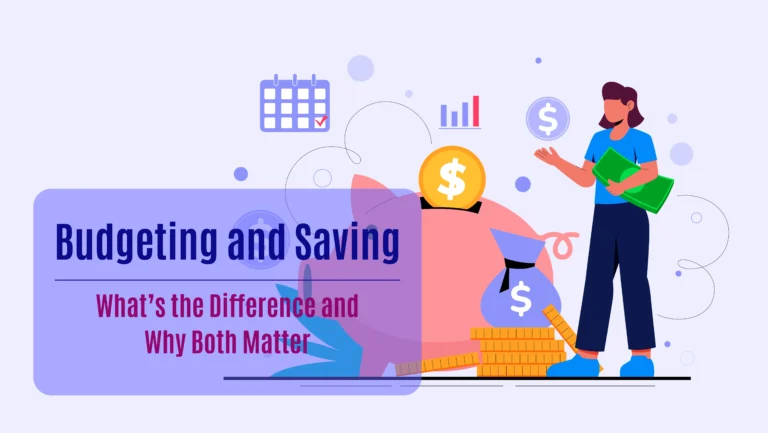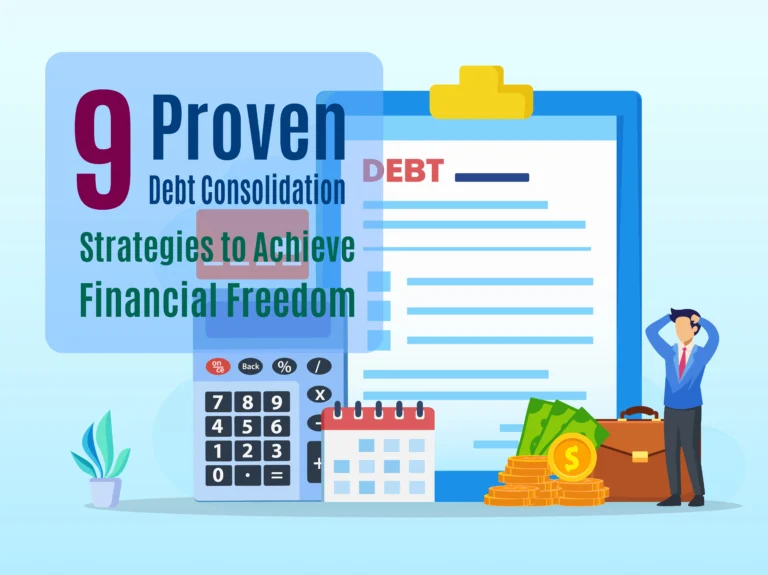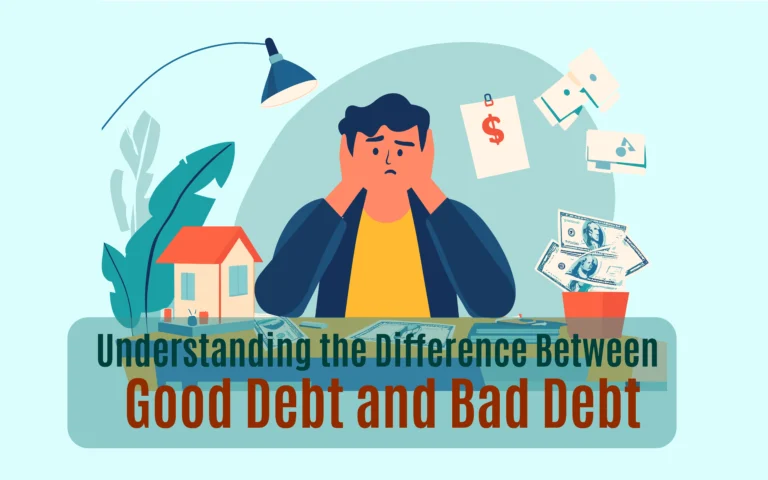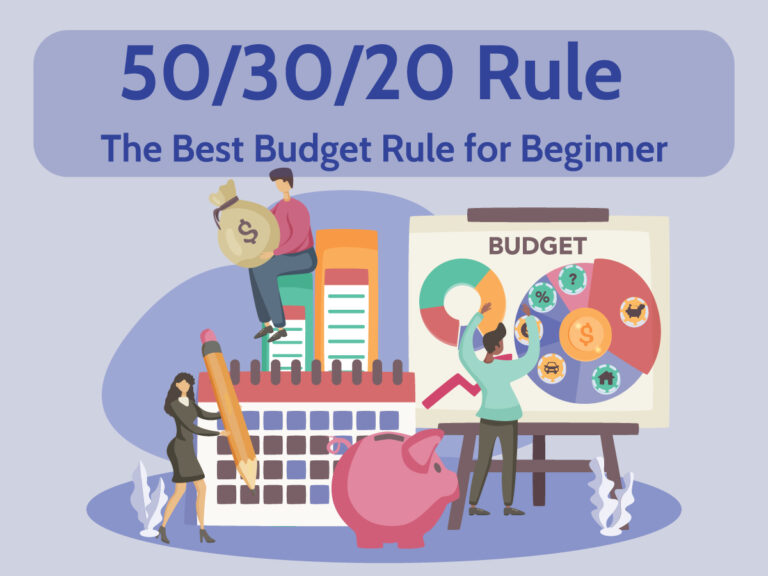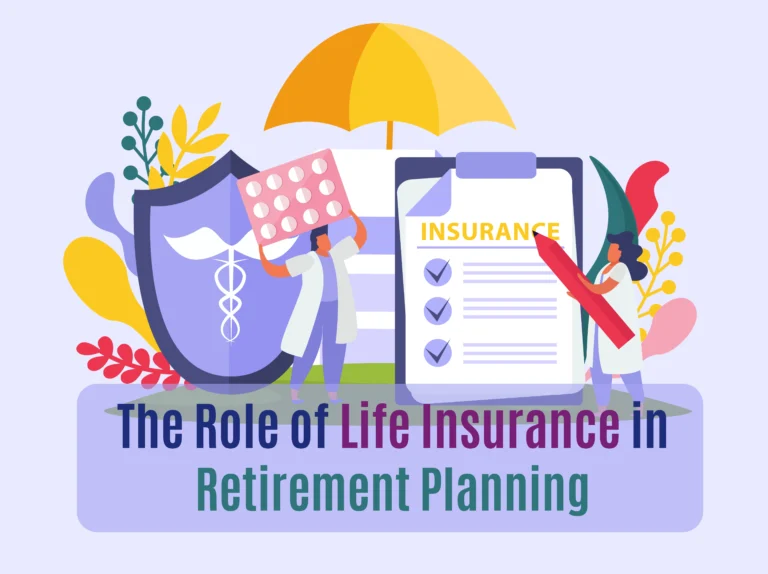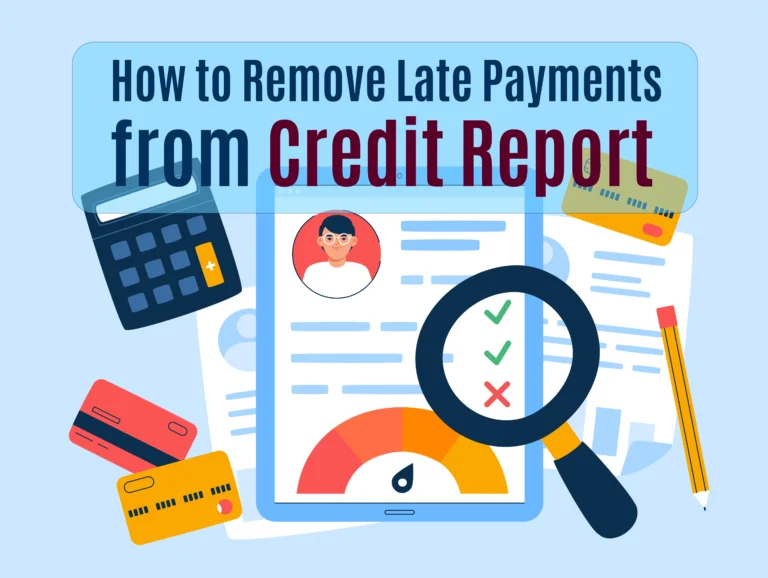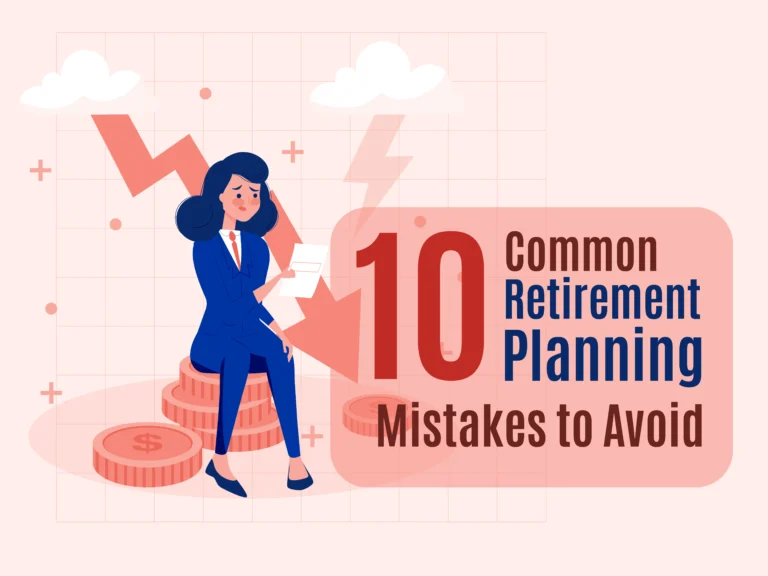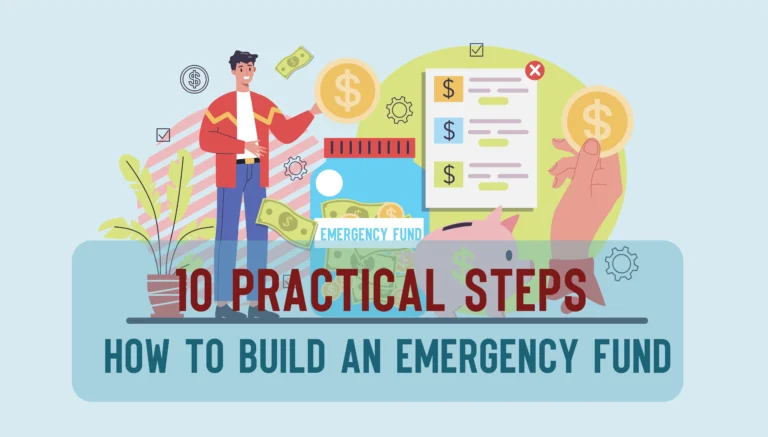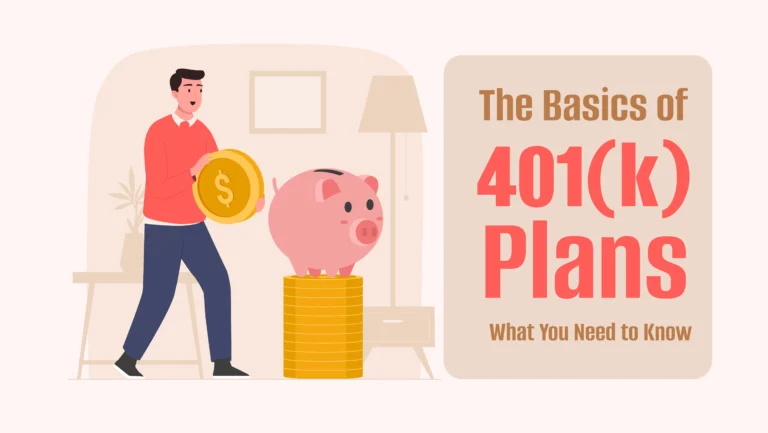Personal Finance
This category provides actionable advice on handling everyday financial matters, from budgeting and saving to long-term financial planning. Learn how to manage your money wisely, reduce debt, build an emergency fund, and create a financial plan that works for your unique goals. Whether you’re just starting your financial journey or looking to optimize your finances, this section offers practical tips to help you achieve financial stability and independence.
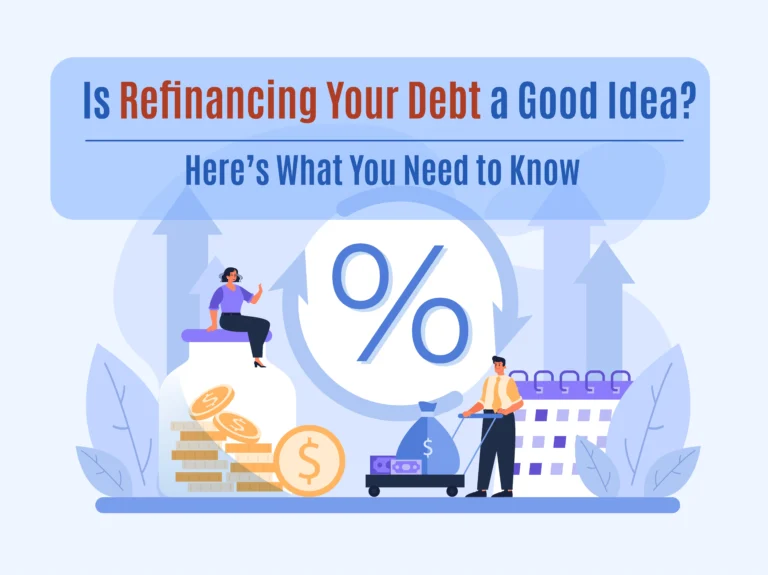
Is Debt Refinancing a Good Idea? Here’s What You Need to Know
Debt refinancing can seem like a tempting solution for those feeling overwhelmed by their financial obligations. With the promise of lower interest rates and reduced monthly payments, it’s easy to see why many consider it a viable option. However, before diving headfirst into refinancing, it’s crucial to understand the implications it may have on your financial health. Is debt refinancing really the answer to your problems, or could it complicate…
Frequency Ask Question (FAQs)
Manage Your Personal Finance
Grow Your Income
(Coming Soon)
No posts
Insurance Solutions
Manage Your Loan
(Coming Soon)

